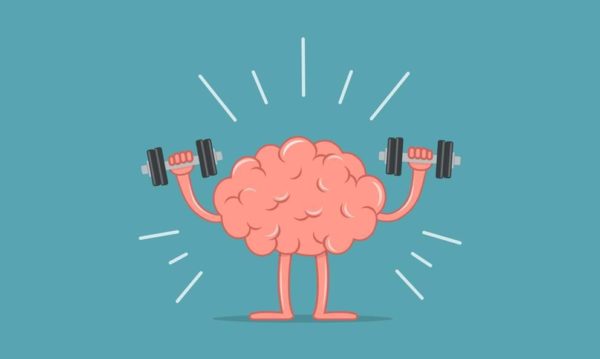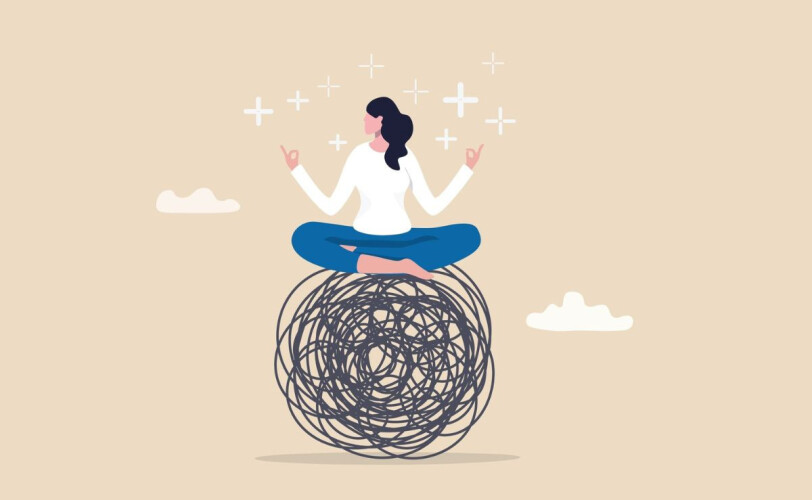In today’s fast-paced world, stress has become an inevitable part of our daily lives. With deadlines looming, responsibilities to juggle, and never-ending to-do lists, it’s no wonder that many of us are feeling the weight of stress on our shoulders. However, in the midst of chaos, there lies a powerful tool that can help us find peace and balance: mindfulness. By cultivating awareness of the present moment and engaging in mindfulness techniques, we can reduce stress and enhance our overall well-being. Join us as we explore the transformative power of mindfulness in combating stress and restoring calm in our hectic lives.

Understanding the Basics of Mindfulness
When it comes to reducing stress, mindfulness techniques can be a powerful tool to help calm the mind and bring a sense of peace and clarity. By practicing mindfulness regularly, you can learn to be more present in each moment, allowing you to let go of worries about the past or future.
One effective mindfulness technique for reducing stress is deep breathing. This involves taking slow, deep breaths in through your nose and out through your mouth. Focusing on your breathing can help bring your attention back to the present moment and calm your mind.
Another helpful mindfulness technique is body scanning. This involves paying attention to each part of your body, starting from your toes and working your way up to the top of your head. By focusing on the physical sensations in each part of your body, you can become more aware of any tension or stress and release it.
Practicing mindfulness doesn’t have to be complicated. By simply taking a few minutes each day to focus on your breath or body, you can begin to experience the benefits of reduced stress and increased mental clarity.
Exploring Various Mindfulness Techniques
Mindfulness techniques are powerful tools for reducing stress and promoting overall well-being. By incorporating various mindfulness practices into your daily routine, you can cultivate a sense of calm and presence in the midst of life’s challenges. Here are some effective mindfulness techniques that you can explore:
- Meditation: Practicing meditation involves focusing your attention on the present moment. This can help calm the mind and reduce stress levels.
- Deep Breathing: Deep breathing exercises can help you slow down your heart rate and relax your muscles, promoting a sense of relaxation and ease.
- Body Scan: A body scan involves paying attention to each part of your body, noticing any sensations without judgment. This can help you release tension and stress.
In addition to these techniques, you may also want to explore mindfulness-based activities such as yoga, walking in nature, or journaling. Finding practices that resonate with you can help you build a strong foundation for managing stress and living more mindfully. Remember that mindfulness is a skill that can be cultivated over time with consistent practice and patience. By incorporating these techniques into your daily life, you can begin to experience the profound benefits of a more mindful and balanced approach to stress reduction.
Incorporating Mindfulness into Daily Routine
Feeling overwhelmed with stress? Incorporating mindfulness techniques into your daily routine can help reduce stress and increase your overall sense of well-being. By taking a few moments each day to practice mindfulness, you can learn to stay present in the moment and let go of negative thoughts and emotions.
Here are some simple mindfulness techniques you can try:
- Deep Breathing: Take slow, deep breaths to calm your mind and body.
- Body Scan: Focus on each part of your body, starting from your toes and working your way up to your head. Notice any tension or discomfort and breathe into those areas.
- Meditation: Find a quiet space, close your eyes, and focus on your breath. Let thoughts come and go without judgment.
Remember, mindfulness is a practice that takes time and patience. Start with just a few minutes each day and gradually increase the duration as you become more comfortable. With consistent practice, you’ll soon notice the positive effects of mindfulness in reducing stress and improving your overall quality of life.
Tips for Cultivating Mindful Awareness
One helpful technique for cultivating mindful awareness is to engage in deep breathing exercises. This can help to ground you in the present moment and reduce feelings of stress and anxiety. Try taking slow, deep breaths in through your nose and out through your mouth, focusing on the sensation of your breath filling your lungs and then leaving your body.
Another effective method is to practice mindful meditation. Find a quiet space where you can sit comfortably and focus on your breath or a specific object. Allow any thoughts that come into your mind to pass without judgment, gently bringing your attention back to your breath. This practice can help to improve your ability to stay present and calm in stressful situations.
Additionally, incorporating daily mindfulness exercises into your routine can help to increase your overall awareness and reduce stress levels. This could include activities such as mindful walking, eating, or even showering. By focusing on the present moment and engaging all of your senses, you can cultivate a greater sense of mindfulness in your daily life.
In conclusion, incorporating mindfulness techniques into your daily routine can be a powerful tool in reducing stress and promoting overall well-being. By being present in the moment, practicing deep breathing, and engaging in activities that bring you joy, you can create a sense of calmness and clarity amidst life’s chaos. Remember, mindfulness is a skill that can be cultivated over time, so be patient with yourself as you embark on this journey towards a more peaceful and balanced life. Embrace the present moment and watch as your stress begins to melt away, leaving you with a greater sense of harmony and inner peace. So take a deep breath, relax, and let mindfulness be your guide to a happier, healthier you.







